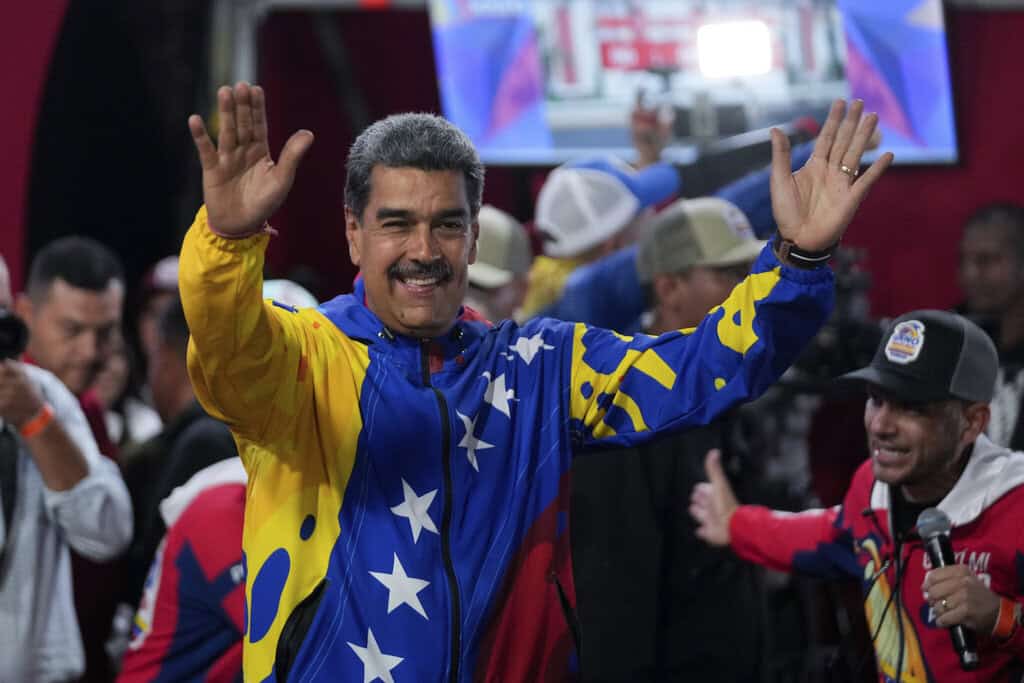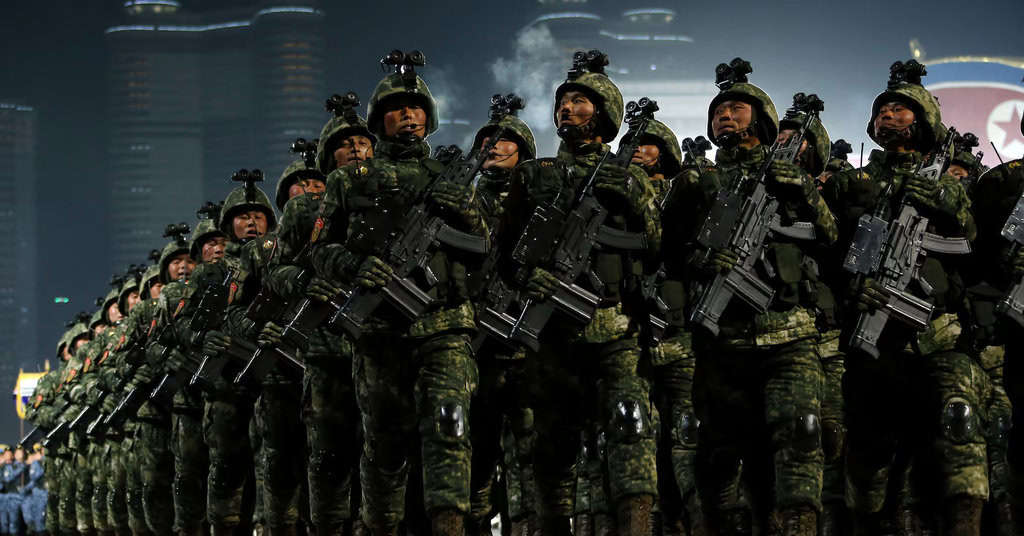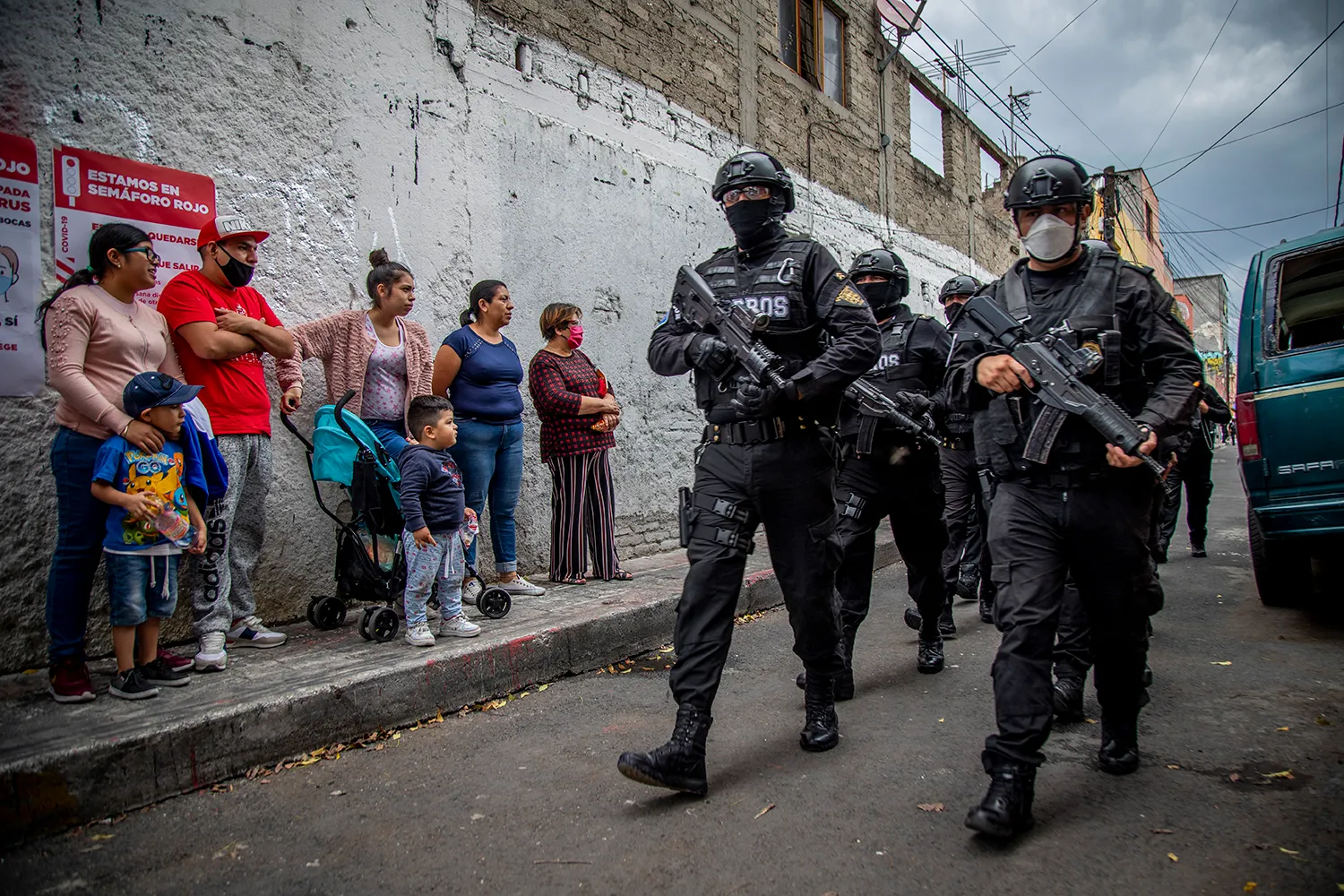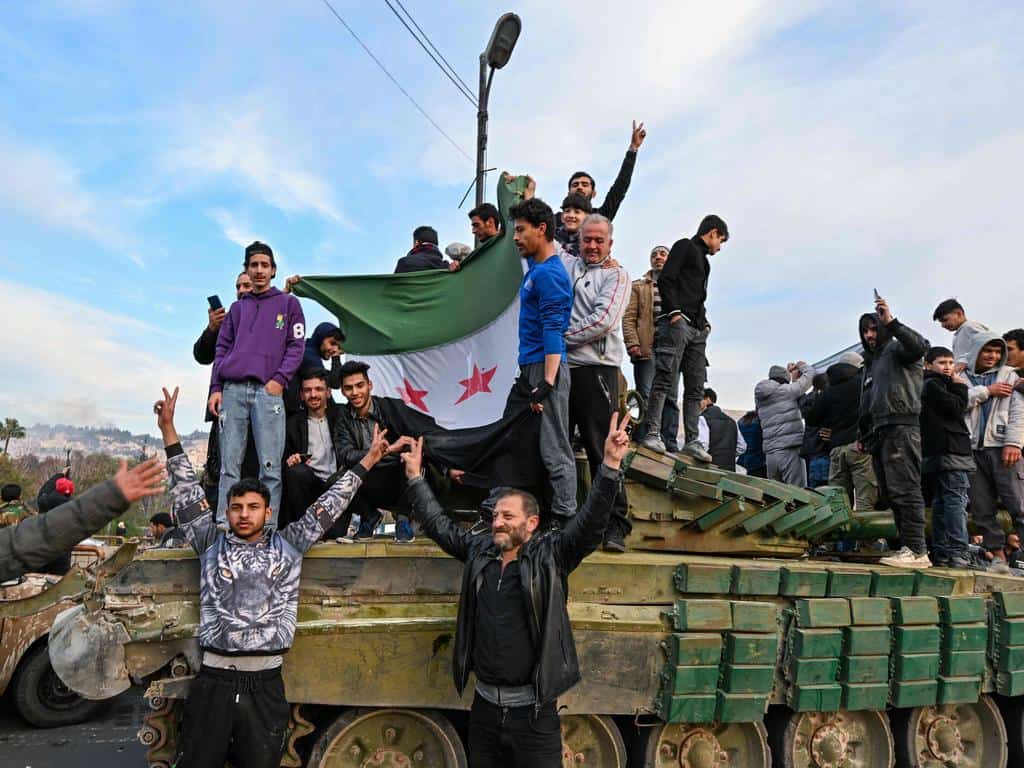A Contentious Presidential Election
In a heated Venezuelan presidential election, both President Nicolas Maduro and opposition candidate Edmundo Gonzalez are declaring victory. This intense competition has been marred by accusations of foul play and sporadic violence, casting a shadow over the electoral process.
Disputed Results and Accusations
Just past midnight, Venezuela’s electoral authority announced Maduro’s win with 51% of the vote, a declaration at odds with exit polls predicting an opposition victory. Gonzalez, according to the official count, secured 44% of the vote, yet the opposition maintains they have strong grounds to celebrate. Maduro, addressing supporters from the presidential palace, hailed his reelection as a triumph of peace and stability, reaffirming the transparency of Venezuela’s electoral system. He also pledged to initiate a “great national dialogue” on Monday.
Opposition Challenges
Opposition leader Maria Corina Machado asserted that Gonzalez garnered 70% of the vote, backed by independent exit polls and quick counts. “Venezuela has a new president-elect and it is Edmundo Gonzalez. We won and the whole world knows it,” she declared alongside Gonzalez. Despite claiming victory, Gonzalez called for peace, refraining from urging his supporters to protest or engage in violence.
International Reactions and Poll Discrepancies
Exit polls from Edison Research and local firm Meganalisis had projected a decisive win for Gonzalez, showing him with 65% and 65% of the vote, respectively, compared to Maduro’s 31% and just under 14%. U.S. Secretary of State Antony Blinken expressed “serious concerns” about the official results, urging Venezuelan electoral authorities to provide a detailed vote count.
Electoral Authority’s Response
Elvis Amoroso, president of the national electoral council (CNE), announced that around 80% of the ballot boxes had been counted. He attributed delays to an “aggression” against the electoral data transmission system and called for an investigation into what he described as “terrorist actions.” The opposition has accused the CNE of being a government tool, citing instances where opposition observers were barred from monitoring the vote count.
Military’s Role and Public Sentiment
Machado appealed to the military to respect the election results, asserting that the Venezuelan people have rejected Maduro. Historically, the military has been a steadfast supporter of Maduro, with no signs of dissent among its leaders. In a show of support, ruling party loyalists clashed with opposition supporters at polling stations, highlighting the tense atmosphere.
Street Incidents and Observations
Despite assurances from Attorney General Tarek Saab that the voting was largely peaceful, reports of clashes and violence emerged. The Venezuelan Observatory of Social Conflict reported incidents involving armed ruling party supporters in multiple states. In one tragic case, a man was fatally shot in Tachira state during an altercation outside a polling station.
Economic and Political Context
Maduro’s tenure has overseen significant economic decline, mass migration, and strained international relations, exacerbated by U.S. and EU sanctions. Despite this, Maduro promised economic stability and reduced reliance on oil if re-elected. Many of his supporters remain loyal, seeing him as a continuation of Hugo Chavez’s legacy, though some acknowledge the need for improvement.
The Chavez Legacy and Future Prospects
Maduro’s supporters often cite his connection to Chavez, viewing his presidency as an extension of policies aimed at aiding the poor. Conversely, Gonzalez and Machado advocate for substantial change, hoping to inspire the return of Venezuelan migrants. The election’s aftermath has seen numerous detentions related to political activities, with human rights organizations decrying arbitrary arrests.
Looking Ahead
As the country awaits the final verdict, the international community watches closely. Both sides’ claims and the contentious electoral process underscore Venezuela’s ongoing political instability, with the future of its leadership hanging in the balance.





